Japanese Rules And Customs That Might Seem Strange To Foreigners
Explore the captivating culture of Japan, where centuries of tradition have resulted in a lifestyle unlike any other. From its deep respect for privacy to its high regard for respect, uncover the secrets of Japan’s unique customs and see how they shape the lifestyle of this fascinating country.
Discover why some of these customs may be difficult for foreigners to grasp.
Respect the Privacy of Your Friend's Home in Japan
Exploring a new country and making new friends is always exciting. But when it comes to visiting your friend’s family home in Japan, it’s important to show respect for the country’s culture and privacy.

Source: freepik.com
Despite the hospitality many Japanese extend to their friends, it’s not common for them to invite close acquaintances to their homes. So, if you don’t receive an invitation, don’t take it personally – it’s nothing personal, just part of the culture.
A Traffic Jam with a Difference - Japan's No Honking Rule!
Tired of those long, tedious traffic jams? Then Japan is the place for you! With its no-honking rule, Japan ensures that your traffic experience is pleasant. Unlike in other metropolitan cities, honking at another car is considered rude in Japan.

Source: sne9.com
Instead, patience and politeness rule the roads here. This unique approach to traffic jams is a testament to Japanese culture and its values. So, why not give it a try and enjoy a smooth ride in Japan?
A Little Gesture of Respect - "Itadakimasu"
In Japan, manners are highly esteemed, and even small gestures can make a huge difference. One such is before eating a meal, where it is customary to thank the host or friend. The way to do this is by saying “Itadakimasu,” which means “I humbly receive” in English.
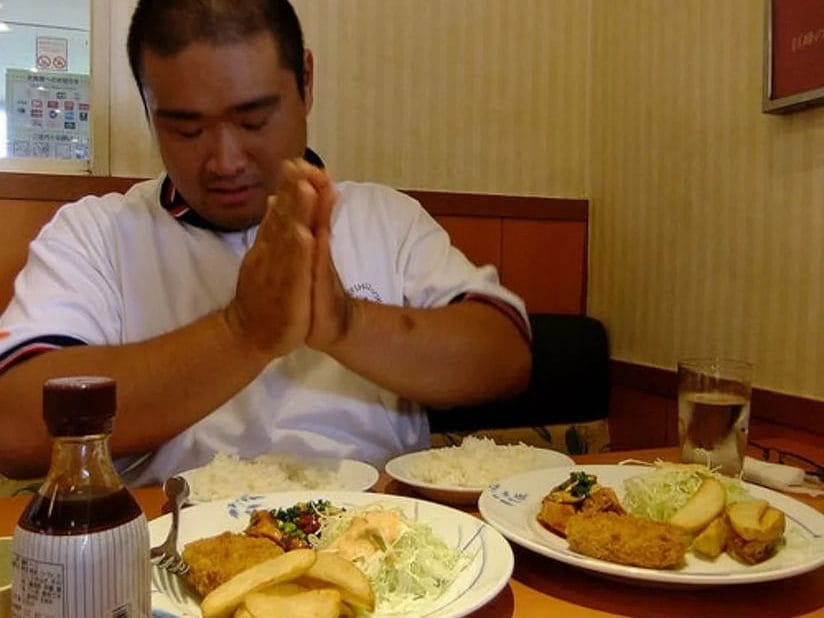
Source: reddit.com
This is a cultural rather than religious expression, so everyone expects it. People usually put their hands together in a prayer pose when saying this phrase. So, the next time you sit down for a meal in Japan, show your gratitude with a simple “Itadakimasu”!
Vegetarian in Japan? Here's What You Need to Know
Japanese culture is renowned for its abundance of delicious cuisines and delectable delicacies. But one thing remains constant – it is almost impossible to have a complete meal in Japan without consuming some form of animal product.

Source: kobieta.wp.pl
From fast food to traditional dishes, meat or meat sauce is often featured in the ingredients. This poses a challenge for vegetarians looking to visit Japan, but fear not – there are some tips and tricks to help you out!
The Unsung Heroes of Japan: The 'Oshiyas'
In Japan, the daily rush hours often mean crowded subway cars, with people trying to squeeze in and make sure they don’t miss the last train home or to work. But amidst this chaos, there are ‘Oshiyas’ or ‘pushers,’ who help ensure that no one gets caught in the doors and everyone gets in.
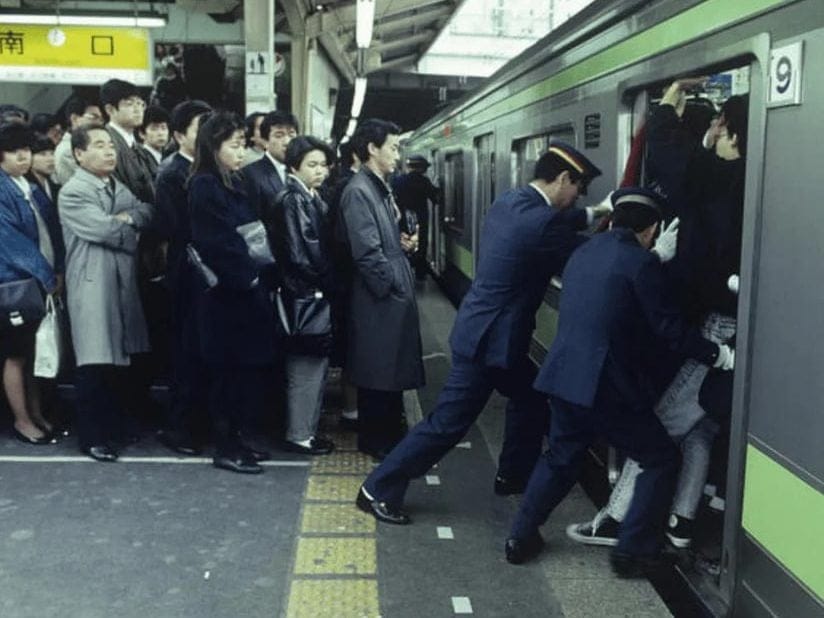
Source: neshoto.com
Wearing uniforms, white gloves, hats, and face masks, the Oshiyas are employed to push people into the subway cars during overcrowded times and are the unsung heroes of Japan’s rush hours.
"Be Careful When Helping in Japan"
Giving a helping hand is a kind gesture in any corner of the world. It brings people together and helps them achieve their goals faster. But is it possible to get into trouble for doing a good deed? In most places, the answer is no.

Source: feedproxy.com
However, in Japan, the answer is definitely yes. You might think that assisting others with their work is a way to make life less complicated. But in Japan, it is seen as wanting to take someone else’s job, especially in the workplace. So, remember to be polite and friendly but also mindful of your actions.
The Challenge of Finding Trash Cans in Japan
Living in a big city necessitates the use of trash cans to keep it clean and organized. Surprisingly, however, finding a trash can in Japan is a challenge.

Source: kwejk.pl
This is a result of a difficult past in the country, with people throwing dirt in piles instead of taking the time to find a trash can. As a foreigner, the best approach is to take any trash home and dispose of it properly. While it may be an inconvenience, it is the only way to ensure Japan stays clean and beautiful.
Respectful Greetings Across Asia: Bow or Shake?
Have you ever been in a confusing situation when greeting someone from an Asian country? Often, the traditional bow is seen as a sign of respect across many Asian countries, such as Japan, and this is the most common form of greeting used in the workplace.

Source: fb.ru
But if you’re from a country that greets by handshake, you might find yourself trying to do both. You don’t need to do both – doing so can be confusing and can project the wrong message. Confused? Don’t worry, we’ve got you covered.
In Japan, There's An Unequal System of Payment
Despite not being an official rule, the system of payment in Japan is far from being balanced. Men are often paid more than women for the same job, which is not accepted in most parts of the world. But in marriage, the situation is quite the opposite.

Source: reddit.com
A married woman controls all the financial decisions at home, and her husband gives her his salary to manage. This kind of unequal system of payment is still prevalent in Japan, but it’s time to make a change.
Bar-Hopping with the Boss: An Unspoken Tradition in Japan
In Japan, most companies treat their employees like family – and one of the ways this is expressed is through the unspoken tradition of bar-hopping with the boss. On the surface, it may seem like a light-hearted get-together, but there’s more to it than meets the eye.

Source: kwejk.pl
For foreign employees, this could be an intimidating experience, as not joining in could be seen as disrespectful. But by taking part, they can be a part of the family and build strong relationships with their co-workers.
Mastering Chopsticks: An Essential Skill for Enjoying Japanese Cuisine
Want to enjoy the incredible delicacies of Japan? Then mastering the art of using chopsticks is essential! Chopsticks are an integral part of Japanese culture, used to savor all types of meals. But some dishes can be quite tricky to eat.
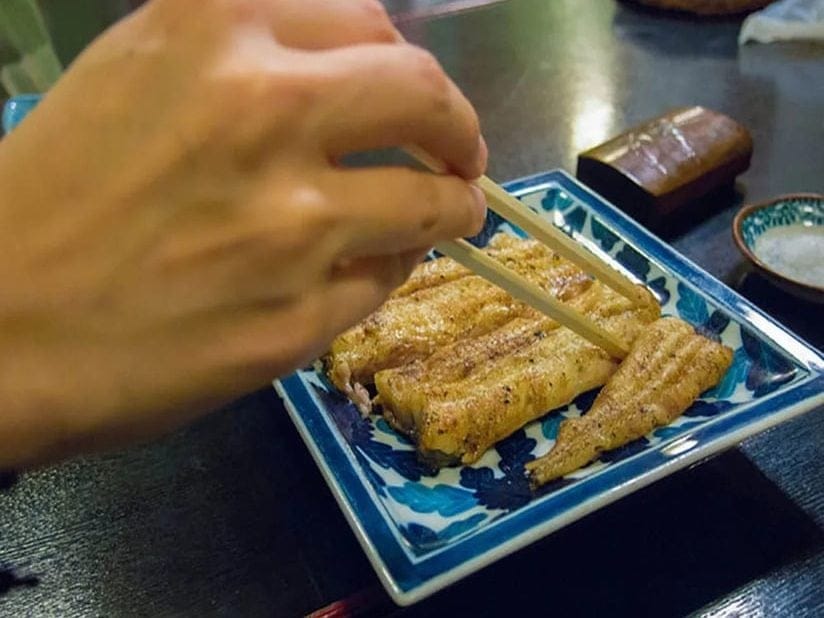
Source: reddit.com
Although it may be tempting to stab your food, this is considered to be offensive in Japan. With practice, you can learn to use chopsticks like the locals. So why not try it out and take your Japanese culinary experience to the next level?
Unpaid Overtime in Japan - The Unfortunate Reality
Are you a foreign worker in Japan? If yes, you might feel lost navigating the country’s labor policies. One of the most unfortunate realities in Japan is that workers are not paid for any overtime hours.

Source: f1online.com
The country’s excellent production output often requires workers to work beyond the official hours. However, if you manage to fit your schedule into the official hours, you’ll be good. No extra payment for extra time – that’s the hard-to-swallow truth.
Respectful Handling of Business Cards in Japan
Greeting a business associate in Japan is incomplete without exchanging business cards. Known as ‘Meshi’ in Japan, a business card is more than just a piece of paper; it’s a representation of one’s professional identity.
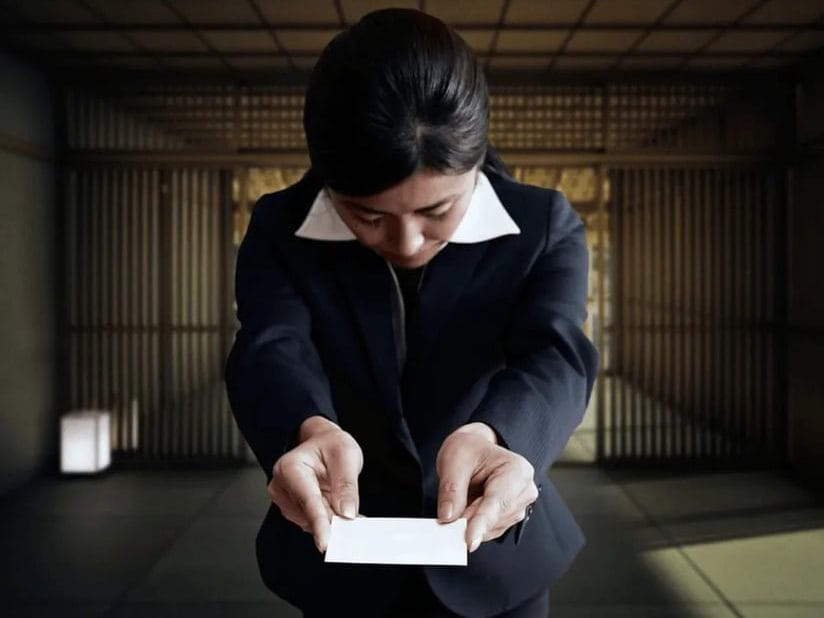
Source: reheart.org
To avoid offending anyone, receive and store a business card with both hands and a small bow. Handling business cards with respect shows your sincerity and appreciation of Japanese culture. Respectful handling of business cards in Japan is the key to making a good impression.
Navigating Japan without Pointing: Understanding the Custom
Are you visiting Japan for the first time? With its bustling cities, finding your way around can be intimidating. Fortunately, the friendly locals are always willing to help you out.
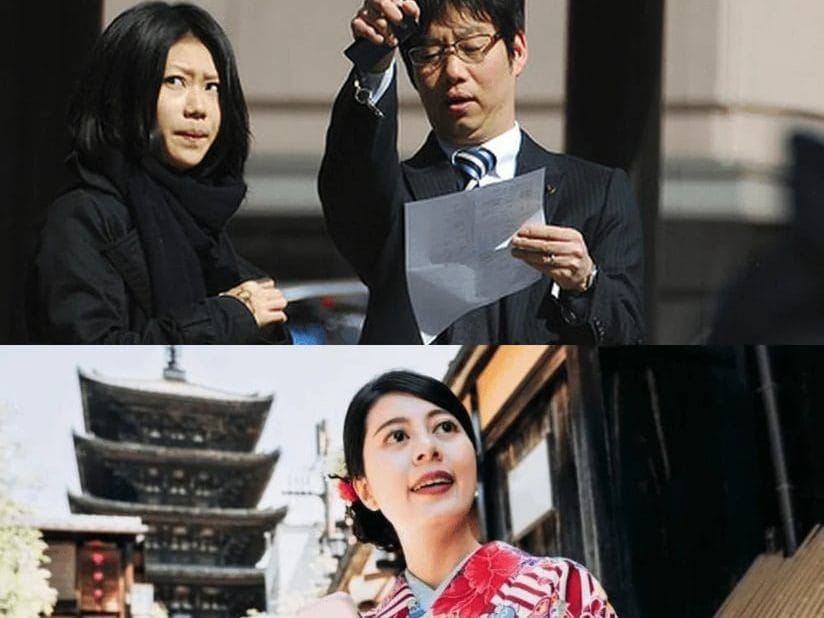
Source: englishwell.info
However, one custom you must remember is to never point when asking for directions – pointing is seen as a form of aggression in Japan. Instead, use your whole hand to gesture or use words to show the way. So, the next time you need a helping hand in Japan, keep your finger away!
Elevator Etiquette in Japan - Easy Tips for a Smooth Ride
In Japan, using an elevator can be a unique experience! If you’re new to the country and don’t know elevator etiquette, don’t worry. Here are some simple tips to ensure your elevator ride is smooth and hassle-free.

Source: fado.vn
The person closest to the elevator door is usually responsible for pressing the buttons for others. This holds especially true if someone is behind you. Don’t forget to step out last after you reach your destination floor! With these easy tips, you’ll navigate the elevators like a pro in no time!
Maintaining Privacy While On-the-Go in Japan
Living in Japan is an amazing experience – from its culture to its people, so much to explore and enjoy! But one thing to keep in mind is that privacy is highly respected here, especially when it comes to conversations on mobile phones.

Source: jagonews24.com
When receiving a call in public, it’s expected that you keep the volume down and speak in a low voice. Blasting the loudspeaker is considered impolite and will draw attention from those passing by. So, when you’re on the go in Japan, remember to keep it soft and quiet to ensure your conversation remains private.
Respect the Restroom Slippers!
It’s always a good idea to be aware of local customs when traveling abroad, and in Japan, that includes the special slippers you’ll find in front of the restroom.

Source: lulacon.com
As a sign of respect, it’s expected that you use the provided slippers only while in the restroom and return them to their original position afterward. Not doing so can be embarrassing, so take a moment and think before you act! Respect the restroom slippers and put them back as you found them.
Master the Art of Seiza Sitting: A Challenge for Foreigners
Are you a foreigner looking to master the art of Seiza sitting? This traditional Japanese sitting position requires one to sit on their legs and is a must for many ceremonies and rituals.

Source: infojepang.net
However, it is not an easy feat as it requires a certain level of flexibility, making it challenging for those unfamiliar. But don’t worry, you can also cross your legs in front as an alternative. With practice and patience, you can get the hang of it and join in the festivities with the locals.
Respect Japanese Customs – Let the Taxi Doors Open Automatically
Exploring a foreign country can be exciting and sometimes intimidating at the same time. Japan is no exception – using taxis is a common way to get around. However, there’s an important point to note for any new foreigner in the country.

Source: reddit.com
Most taxis in Japan have automatic doors that open and close without any manual intervention. It’s considered an offensive gesture if you open or close the door manually, so it’s best to let it open or close automatically. Respect the local customs and enjoy your time in Japan!
Improve Your Japanese Language Skills With Keigo
Are you looking to improve your Japanese language skills? Keigo is a type of polite and respectful speech that is used in the Japanese language. It can be difficult to master, but it is taught in language schools to foreigners.
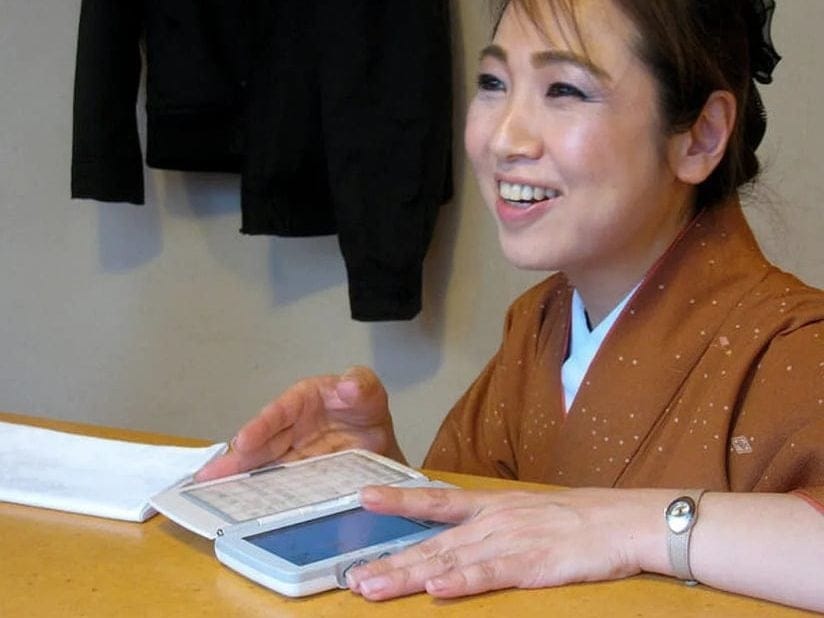
Source: reddit.com
However, there are a few potential pitfalls when using Keigo. Firstly, if you don’t use it when necessary, it can come off as offensive. Secondly, too much use of Keigo can also be seen as offensive or confusing. With practice and dedication, mastering this form of speech can be a great way to show respect and take your language skills to the next level.
Sing Your Heart Out: The Rules of Karaoke Etiquette
Karaoke is a beloved pastime for friends around the world, but for foreigners, there are a few etiquette rules to be aware of. To ensure everyone has a great time, allow the person singing their song to finish before jumping in.
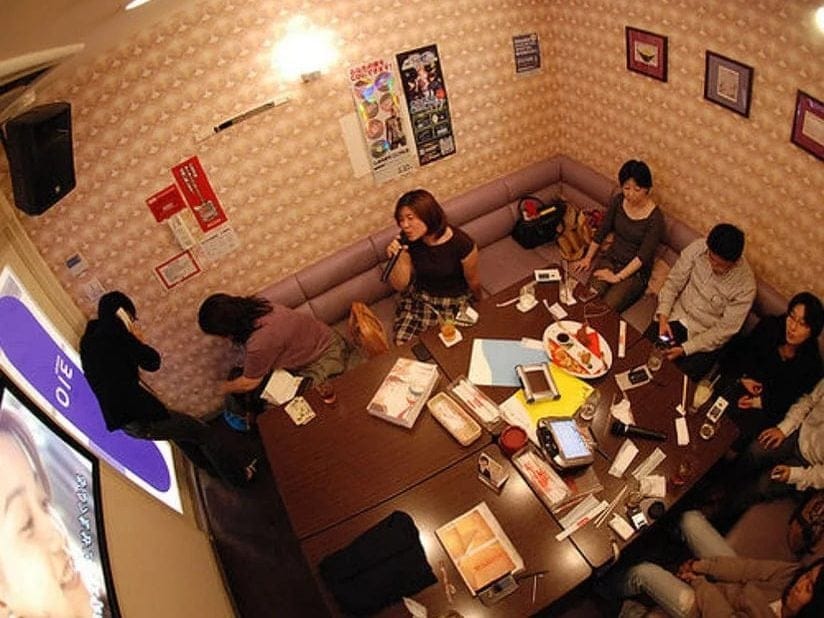
Source: reddit.com
It may seem like a fun idea to join halfway through, but it can be seen as disrespectful. When it’s your turn, select your favorite song and sing with all your heart! Whether you’re a karaoke pro or just starting, karaoke is a great way to let loose, have fun, and make some wonderful memories with your friends.
The Unlucky Number 4: Unfortunate Omen in Japan
In Japan, the number “four” is frowned upon and avoided at all costs, as it is believed to bring bad luck and is associated with death. Just as in western culture, the number “thirteen” is unlucky – the Japanese have equated the number “four” with a similarly ominous meaning.
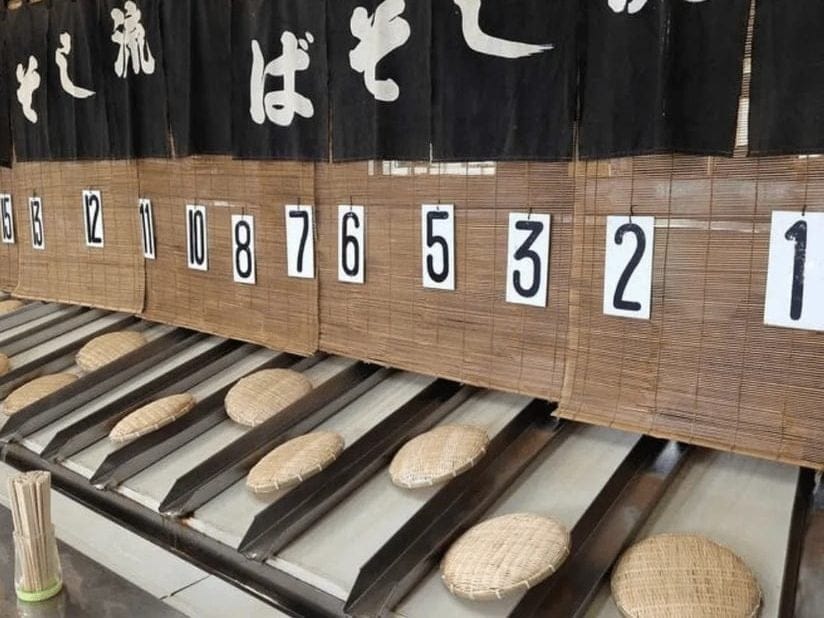
Source: instaforex.com
It is considered inauspicious to give someone a gift in “fours” (a practice known as Tetraphobia). This superstitious belief is so powerful that many buildings don’t have a fourth floor – some even skip numbers 40 to 49.
Discreet Nose-Blowing in Japan
In Japan, it is considered extremely offensive to blow your nose in public. Spitting and other mucus-producing actions are also heavily frowned upon. Therefore, the best way to prevent any embarrassment is to try and contain these bodily functions until you can find a more discreet place.

Source: nine.com.au
It is not unusual to see people sniffing until they find a private spot where they can do what needs to be done. If you need to blow your nose, do it with maximum discretion and consideration for others.
A Culture of Respect: Japan's Unique Umbrella Etiquette
When the rainy season in Japan arrives, many people arm themselves with their umbrellas in preparation for the unpredictable weather. But when those showers do come, it is seen as impolite to enter a venue with a dripping umbrella.
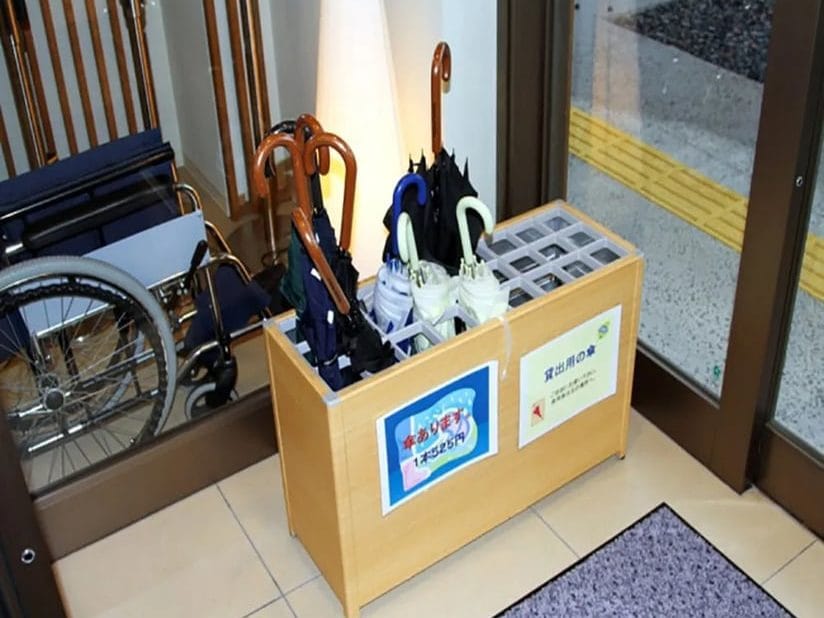
Source: trainga.net
To combat this, special boxes are set up outside venues where people can store their umbrellas, and these boxes are a symbol of trust and respect. The umbrellas are never stolen, and if one is taken by mistake, it is always returned the next day. This practice is a unique example of the country’s culture of respect and honor.
Keeping Clean in Japan - Perfectionism at its Best
In Japan, it is not uncommon to spot a line of clothes swaying in the wind early in the morning. This is because it is a daily custom to do laundry in households. The people of Japan are seen as perfectionists because they are highly conscious of their cleanliness and tidiness.

Source: reddit.com
It is considered inappropriate to wear the same piece of clothing twice without washing it. This dedication to staying clean is a testament to their attention to detail and hard-earned reputation as a nation of perfectionists.
Get Ready for a Refreshing Japanese Bath Experience
Ready for a unique and refreshing bath experience? Then try out the Japanese way! After a long day, it’s important to give your body a good cleanse, and that’s why the Japanese shower before entering the bathtub.
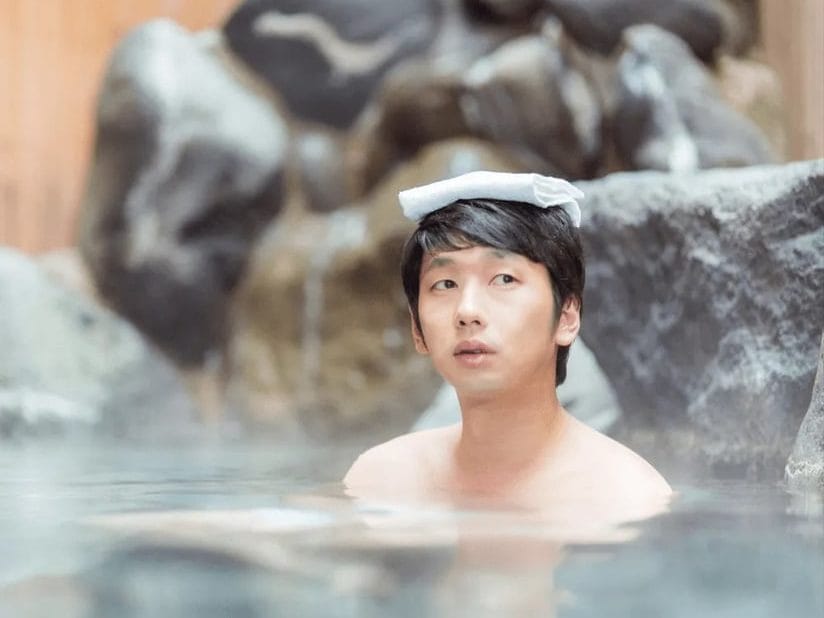
Source: pakutaso.com
This helps to get rid of any dirt and ensure there’s no soap residue left on the skin before soaking in the bath. Bathing in Japan is also seen as a form of relaxation and a great way to unwind after a long day. Give it a go and enjoy a unique and invigorating bath experience.
No More Dancing in Japanese Nightclubs?
It’s strange but true – dancing is not allowed in most nightclubs in Japan. Signs saying “No Dancing” are common, and anyone disregarding this rule can be kicked out!
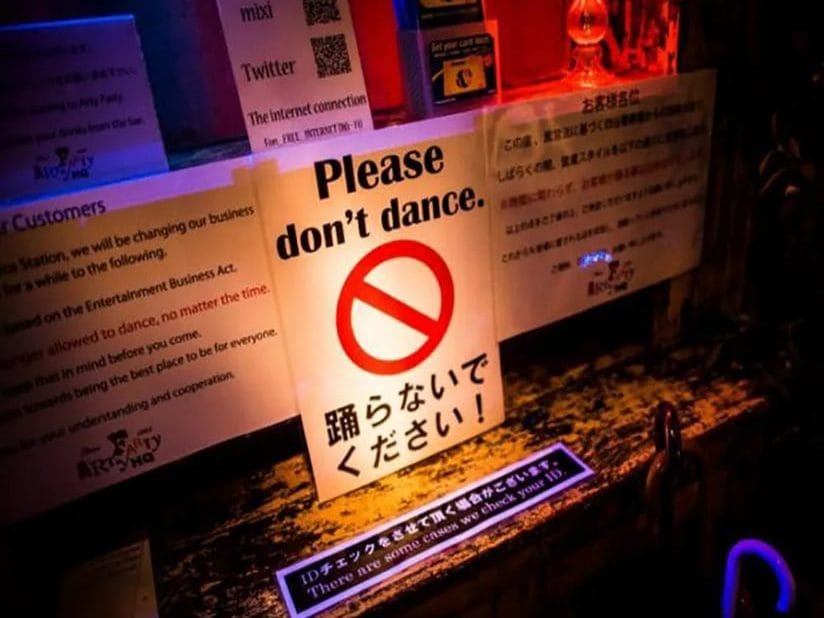
Source: edmasauce.com
This is a result of a law passed in 1984, which stipulates that only clubs with a floor space of at least 710 square ft can obtain a dancing license. Unfortunately, real estate prices in Japan are so high that it can be difficult and expensive to find a space with that much floor space.
Celebrate Love Twice: Valentine's Day in Japan
Valentine’s Day in Japan is unique and celebrated twice, a stark contrast to what is known in western culture. On the 14th of February, women are known to give the gift of chocolates to someone they admire, while on the 14th of March, men reciprocate the same with a gift of the same value.
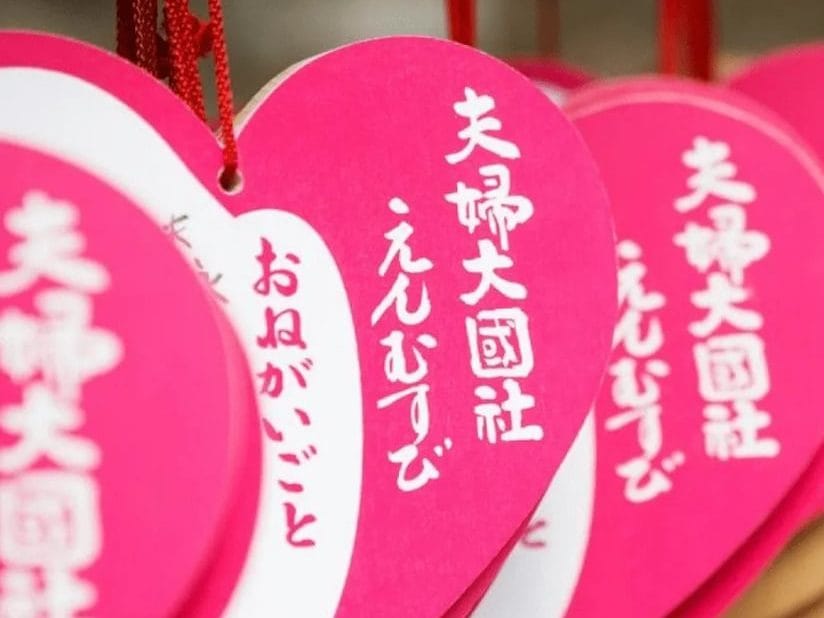
Source: jrailpass.com
This tradition of the two-way gift exchange is both thoughtful and heartwarming and serves as a reminder of how love can be celebrated in various ways. So this Valentine’s Day, why not take a page from Japan’s book and celebrate love twice?
The Unconventional Sleeping Practice of Japan
Have you ever heard of the somewhat unconventional sleeping practice of Japan? Due to the long hours of work and travel, many Japanese citizens have adopted the habit of dozing off on a stranger’s shoulder while on the train!

Source: hotelinthedonut.com
It may seem strange, but it’s a surprisingly common and accepted practice. After all, when you’re that exhausted, it’s hard to resist the urge to rest your head. Even though it’s not technically allowed, it’s tolerated by many. So the next time you’re in Japan, don’t be surprised if you receive this unique custom!
Gift Etiquette: Accept Graciously and Show Appreciation
When invited to someone’s home, it’s polite to bring a gift for your host and be presented in elegant packaging. While it is courteous for the guest to offer a gift, it is also considered rude to reject it.

Source: masrawy.com
Interestingly, in Japan, a common practice is to initially decline the gift. But this rule does not apply to those hosting others in their home. So, the moment you are offered a gift, it’s expected to accept it graciously and show your appreciation.
